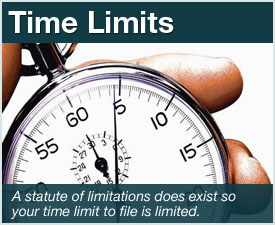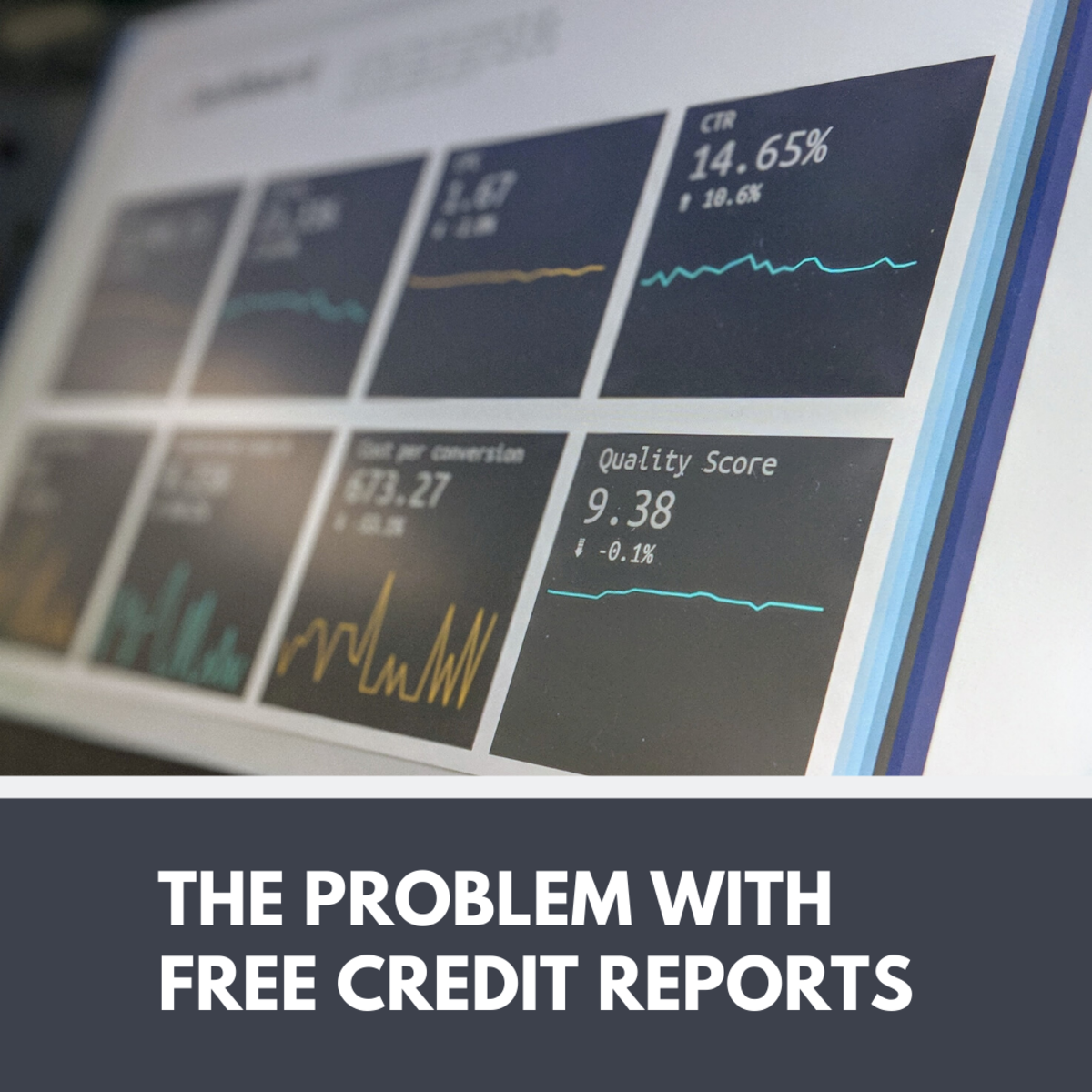Top 5 Reporting Frauds Committed by Collection Agencies

The credit bureaus handle billions of pieces of data every day—so to be completely fair, errors, outdated, and missing information are inevitable. Credit reporting fraud, however, is an illegal tactic employed by unscrupulous debt collectors and in most case is very much an intentional act. Don’t allow credit reporting fraud to happen to you! No matter how small the error may appear, it is best you identify the problem and deal with it immediately. Most credit reports will contain an error or two such as a misspelled middle name, wrong address—or perhaps even, an account that belongs to a relative with a similar name. The good news is these mistakes aren’t harmful to your FICO scores. If, however, you notice an account on your credit report that seems, oddly enough, to never fall off; a debt you know for a fact you don’t owe; or maybe an account you’ve already had removed from your report, you may be the victim of what’s called credit report fraud. The following list below highlights the top five credit reporting frauds as committed by collection agencies:

#5 Re-Aging the Reporting Period…
Simply put, every debt has a limit on how long it can be reported. Normally, this period consist of seven years and 180 days from the date the account first went delinquent—i.e., the date of first delinquency (DOFD). The seven year and 180 day period is more a nominal figure. In fact, most credit bureaus’ computers will push the debt out in seven years. What’s Re-Aging? Re-Aging occurs when a collection agency fraudulently attempts to alter the DOFD, thus making the date appear more recent. Of course what his underhanded tactic aims to accomplish isn’t too hard to comprehend—namely, the longer the collection account gets to hang around on a credit report, the greater the odds the CA will have to get a judgment, a CA’s main meal ticket.

#4 Reporting During the Debt Validation Period…
Most consumers are vastly unaware of the powers afforded to them under the Fair Debt Collection Practice Act (FDCPA). A power piece of legislation, the FDCPA mandates every collection account to be validated. During the validation process, which consists of 30 days, the CA must halt all collection activities until it provides the consumer with a full debt validation. If, however, the CA tries to collect on the debt during debt validation process, they’ve committed credit reporting fraud.

#3 Reporting Debt In Spite of an Agreement…
What’s a pay for deletion (PFD)? As the name implies, a PFD is simply an agreement between the debtor and creditor that mainly stipulates a removal of said collection account in lieu of payment. Indeed, if you paid a collection agency in exchange for a deletion of the collection account from your credit report, yet the collection agency merely updated the account as “paid,” again you have been a victim of credit reporting fraud by a collection agency. This is why getting something in writing when dealing with debt collectors is so important: a signed agreement is fairly easy to clear up, whereas, an unsigned agreement becomes are a very hard lesson learnt.

#2 Reporting Multiple Collection Accounts…
Any collection account that appears onto your credit report hurts your FICO no matter if it stems from an old hospital bill or a credit card charge-off. Occasionally, some CAs will give up trying to collect on the debt and sell it to another debt collector. Better known as junk debt buyers (JDBs), JDBs are known through-out the industry for committing some of the most menacing credit reporting frauds. One such fraud is to attempt to collect on a debt that is already on your credit report. Case in point: multiple collection accounts tend to adversely affect your FICO scores; therefore, if you notice such an occurrence on your credit report, you should take immediate action.

#1 Reporting a Collection Account beyond the Reporting Period…
As alluded to above, most debts are reported for a period of seven years plus 180 days, whereby the 180 days represents the time the account went to charge-off. Excluding judgments, which can stay on your reports for up to 10 years, almost all other accounts are bounded by this reporting period, thus must be removed from your credit report. Some debt collectors (junk debt buyers, mainly) strive to get around this law simply by re-inserting the collection account onto your credit report in the hopes you make a payment, which automatically resets the reporting period. This is a very dirty and underhanded trick CAs and JDBs use to dupe millions out of naïve consumers.










